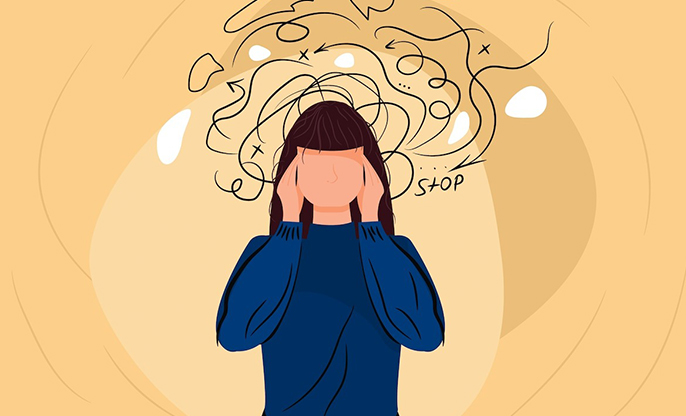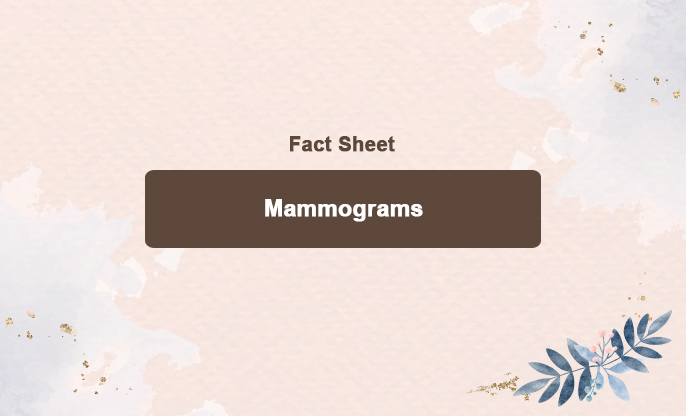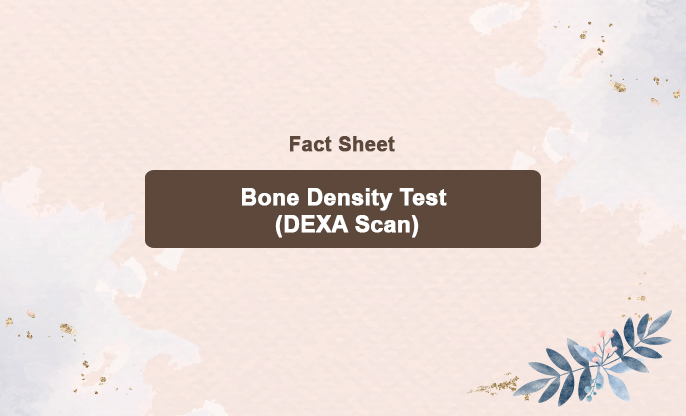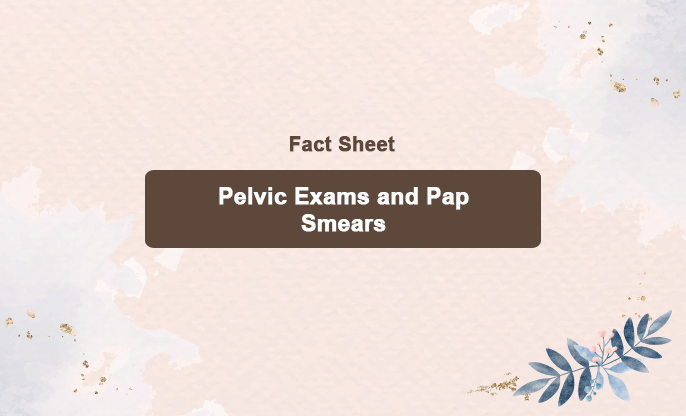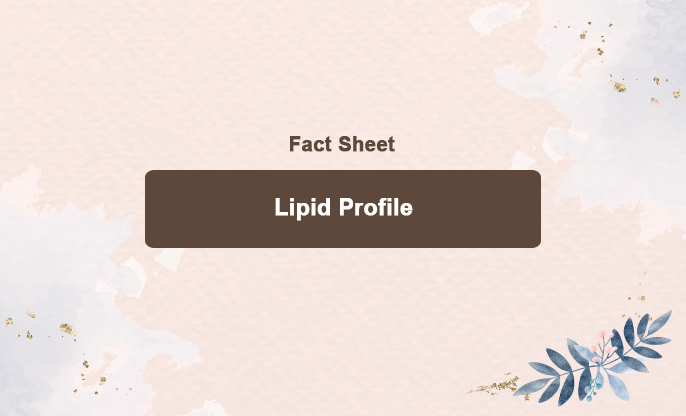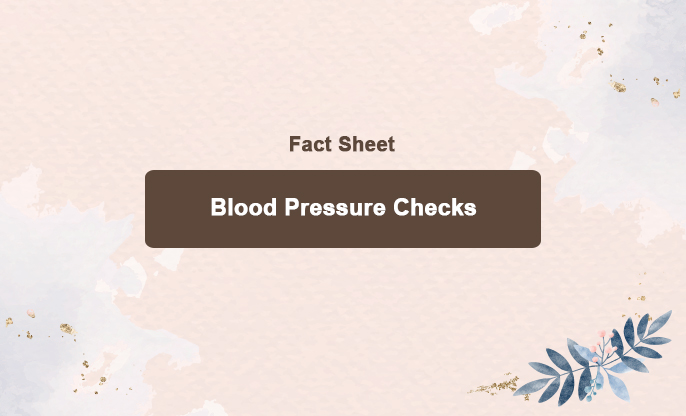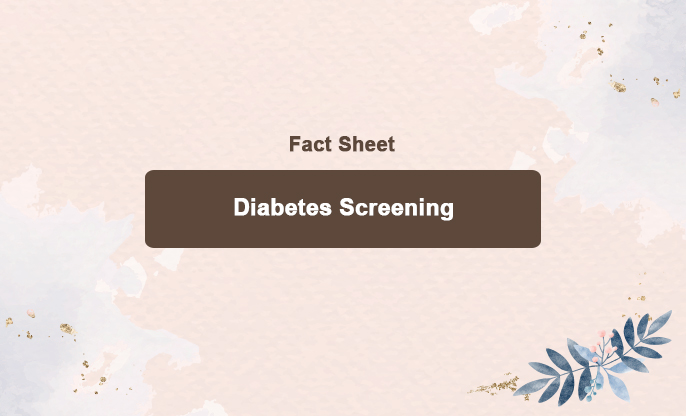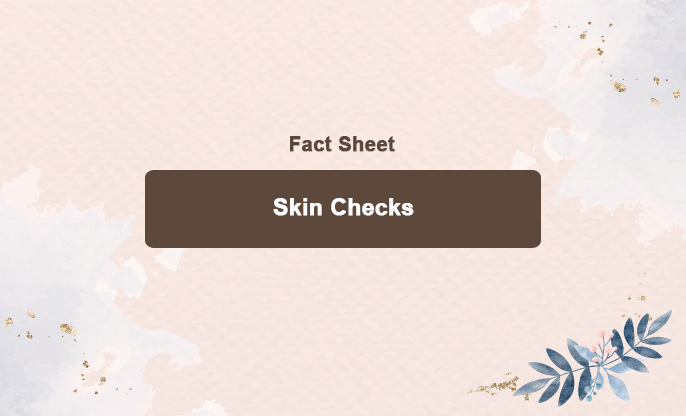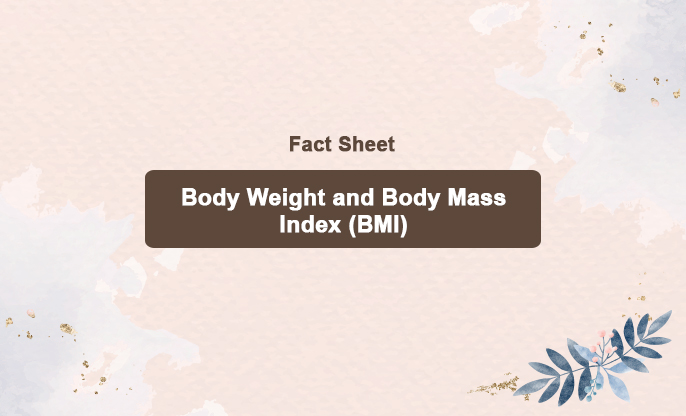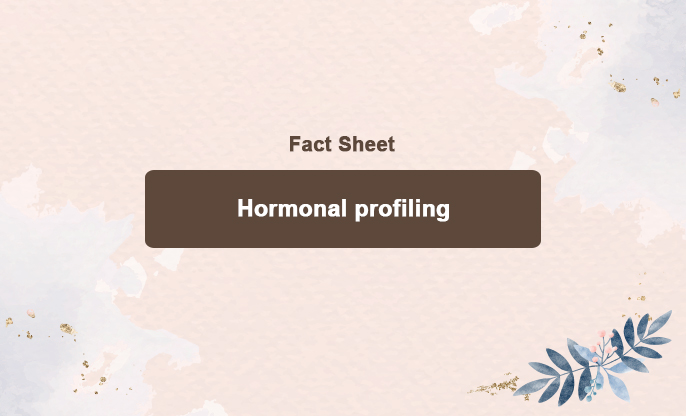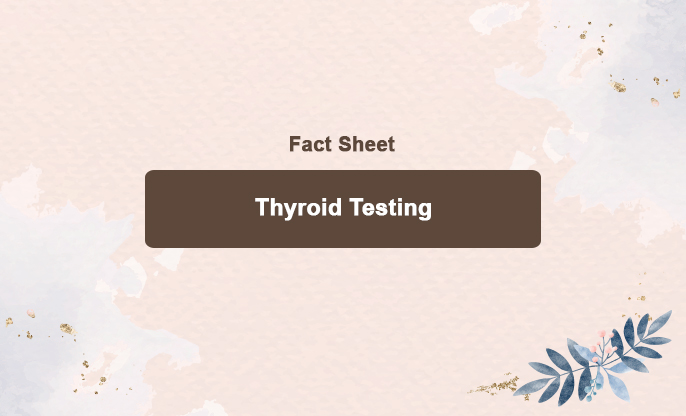
What is this test?
Thyroid tests measure how well your thyroid gland is working. They help diagnose thyroid disorders such as hypothyroidism (underactive thyroid) and hyperthyroidism (overactive thyroid). The main tests used to evaluate thyroid function include:
1. TSH (Thyroid Stimulating Hormone: TSH is produced by the pituitary gland and regulates the production of thyroid hormones. It's the most common test to evaluate thyroid function.
2. Free T4 (Thyroxine): Measures the level of thyroxine, a hormone produced by the thyroid gland. Free T4 is not bound to proteins and is available to enter body tissues.
3. Free T3 (Triiodothyronine): Measures the level of triiodothyronine, another hormone produced by the thyroid gland. Free T3 is also not bound to proteins.
4. Total T4 and Total T3: Measures the total amount of these hormones, including the portion bound to proteins. These tests are less commonly used today as Free T4 and Free T3 provide more relevant information.
5. Thyroid Antibodies: Used to diagnose autoimmune thyroid conditions.
6. Thyroglobulin: Used primarily as a tumor marker in thyroid cancer patients to monitor for recurrence.
How is it done?
A healthcare professional will draw a blood sample from a vein in your arm. The blood sample is analyzed in a lab to measure the levels of thyroid hormones and other relevant indicators.
Is this routine or specific?
In some cases, a thyroid test may be included in routine health check-ups, especially for older adults, as thyroid issues can become more common with age.
Pregnant women or those planning to conceive may have thyroid tests as part of prenatal care, as thyroid function is crucial for the health of both the mother and the developing fetus.
When should it be done?
For the general population without symptoms or risk factors, routine thyroid screening is not typically required. However, some guidelines suggest screening adults over the age of 35 every 5 years.
If you have a family history of thyroid disorders, your doctor may recommend more frequent testing, possibly every 1-2 years.
What do the results indicate or eliminate?
Normal Results: Indicate normal thyroid function.
Abnormal Results: Can indicate thyroid dysfunction and may require further evaluation or treatment.
High TSH and Low Free T4: Suggests hypothyroidism.
Low TSH and High Free T4/Free T3: Suggests hyperthyroidism.
Presence of Thyroid Antibodies: Suggests an autoimmune thyroid condition.





